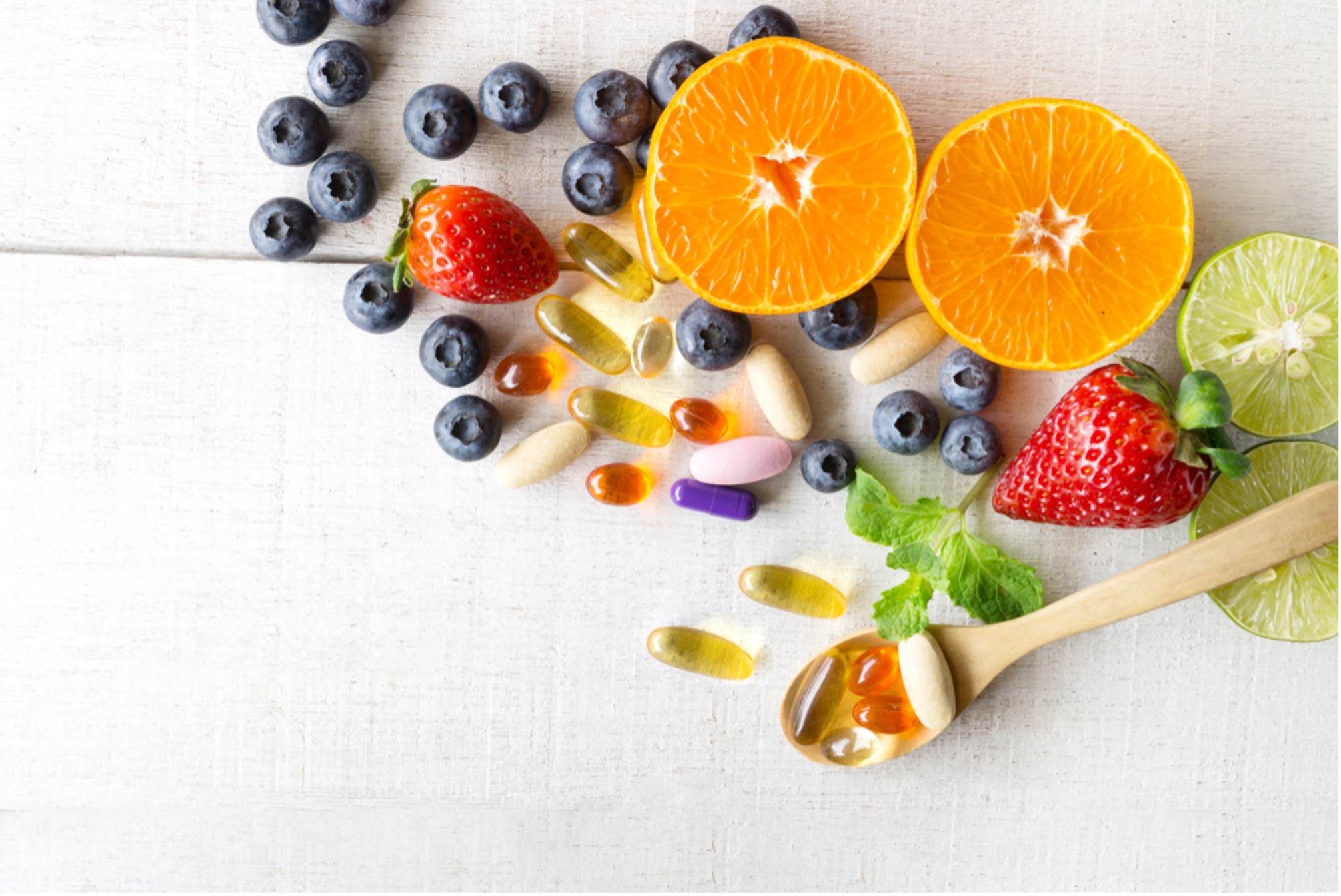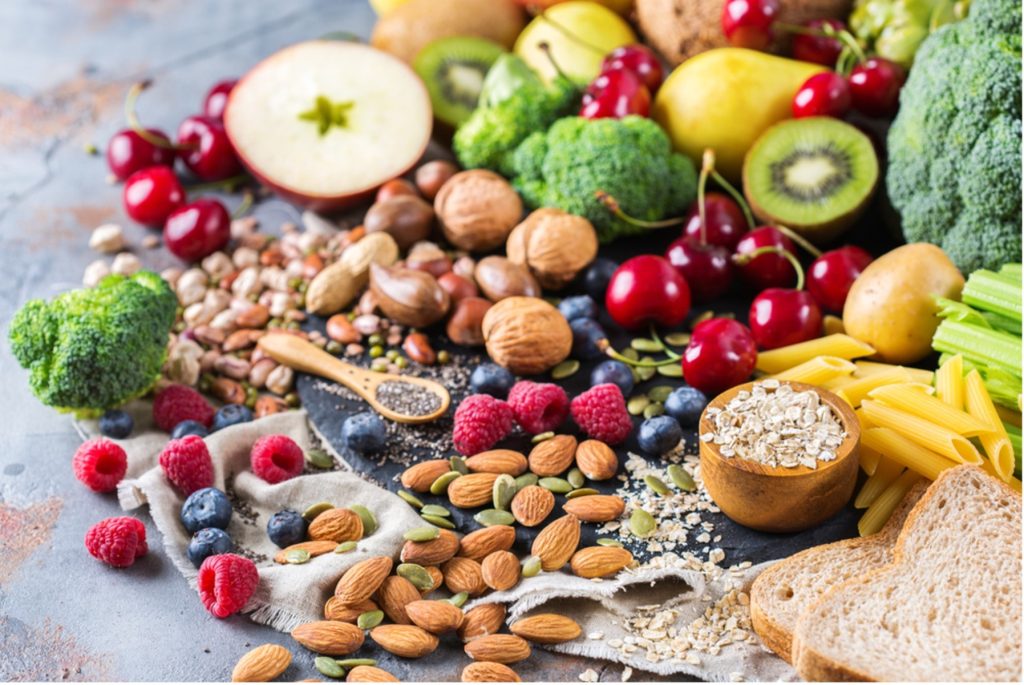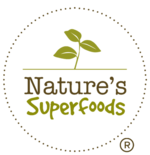-
No products in the cart.
Debate on the Sources of Nutrients: Whole Foods vs Supplements

We’re told constantly that our diet plays a major role in the maintenance of our overall health. Taking this into consideration, many have turned to dietary supplements as a type of nutritional insurance. In a survey conducted in 2020, 53% of local respondents between the ages of 25 and 44 claimed to take dietary supplements or nutraceuticals. As such, it comes as no surprise that the vitamins and minerals market in Singapore is booming – in 2017, Singaporeans spent about SGD49 million on these supplements! Typically taken to supplement one’s diet, such high reliance is probably due to the fact that many Singaporeans do not have the time to prepare and consume healthy meals. Opting for energy-dense and nutrient-poor foods frequently, many resort to dietary supplements to provide the necessary nutrients they are otherwise unable to get.
What are Dietary Supplements?
Manufactured to give you a health boost by providing added nutritional support, dietary supplements include herbal substances, minerals, and vitamins. Even things like plant based protein powders and shakes are considered supplements since they help fill the gaps in one’s diet caused by the inadequate intake or increased needs.
How Are Dietary Supplements Different from Whole Foods?
As we all know, there are other sources of nutrients beyond pills and vitamins. Nutrients, in general, can be divided into two subgroups – natural and synthetic. The former is obtained directly from whole foods, while the latter is made artificially through industrial processes. Since a large number of over-the-counter supplements are man-made, they are deemed unnecessary, especially if you already lead a healthy lifestyle and consume a well-balanced diet. Technically prescribed by doctors, vitamins, on the other hand, treat deficiencies and improve one’s overall health by mimicking natural nutrients. We breakdown the differences further:
1. Whole foods

Our main source of nutrients is whole foods. Composed of proteins, soluble fibre, vitamins, fats, and minerals, our bodies have naturally evolved to extract these necessary nutrients from whole foods. There are several other ways whole foods triumph over supplements. For one, essential dietary fibre, which is known to reduce the risk of Type 2 Diabetes, is usually found in abundance in whole foods. Secondly, nutrients like calcium from whole foods are more readily absorbed. These natural and unprocessed foods also contain micronutrients and antioxidants that supplement pills and powders rarely contain.
2. Supplements
As mentioned, supplements are a quick and easy way to plug dietary gaps. However, too much of it can have detrimental effects on your body. For example, too much preformed vitamin A can cause nausea, headaches, and even a coma! Why? Because synthetic vitamins are not recognisable by the body, making them difficult to absorb and metabolise. However, that does not mean that they should be avoided at all costs as they can be a good nutrient source for the elderly, picky eaters, or the ill.
Which do You Choose for Optimal Benefits?
Although the ability to isolate, purify, and deliver a single component in a pill makes supplements a convenient mode of nutrient supplementation, whole foods should make up most of your long-term diet. It is also crucial not to take things to the extremes. For example, people following a high-protein diet assume that drinking protein shakes in place of all their meals is good for their bodies. Even if this may facilitate weight loss during the dieting phase, it can wreak havoc in your body in the long-term.

Those who are on a strict diet like veganism can use supplements to get nutrients that they may be lacking. That is not to say that vegan protein powders should be your sole go-to. Organic shops in Singapore like Nature’s Superfoods carry an extensive range of organic foods that are known for their many benefits. However, if your vegan diet is planned carefully to ensure nutrients predominantly found in animal products are obtained through foods such as fruits, vegetables, legumes, or grains, you should reconsider the need for these additional supplements.
If you’d really like a healthy dose of nutrients and vitamins, opt for superfoods that have concentrated amounts of essential minerals. What’s even better is that they are a form of natural nutrients, known as whole food supplements. Natural products of nature, superfoods found on our online platform are rich in vitamins, minerals, and antioxidants. Fit for your everyday needs, they support your well-balanced diet in ensuring optimal health!

